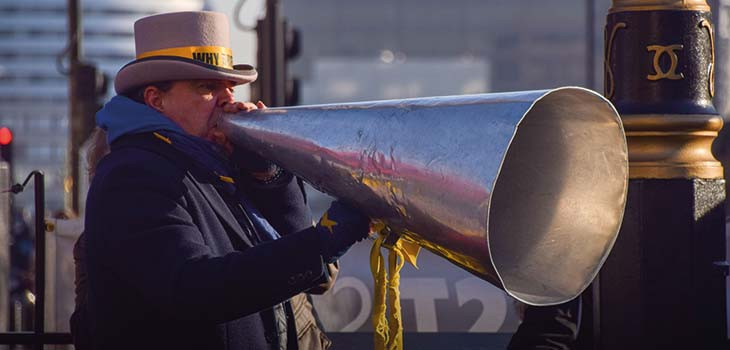
- The nature and scope of the reforms to the Public Order Act 1986 regarding public processions and public assemblies under the new Police, Crime, Sentencing and Courts Act 2022.
On 28 June 2022 various provisions of the Police, Crime, Sentencing and Courts Act 2022 (PCSCA 2022) entered into force: see reg 5 of the Police, Crime, Sentencing and Courts Act 2022 (Commencement No. 1 and Transitional Provision) Regulations 2022, SI 2022/520, reg 5. These included the provisions which make important amendments to the Public Order Act 1986 (POA 1986) with regard to public processions and public assemblies: see regs 5(i) and (j) of SI 2022/520. In the discussion which follows, the nature and scope of the reforms will be addressed. It is worth noting in passing, however, that regs 5(i) and (j) both contain errors in that they seek to bring into force provisions which do not in fact exist in PCSCA 2022, viz s 73(6) and









